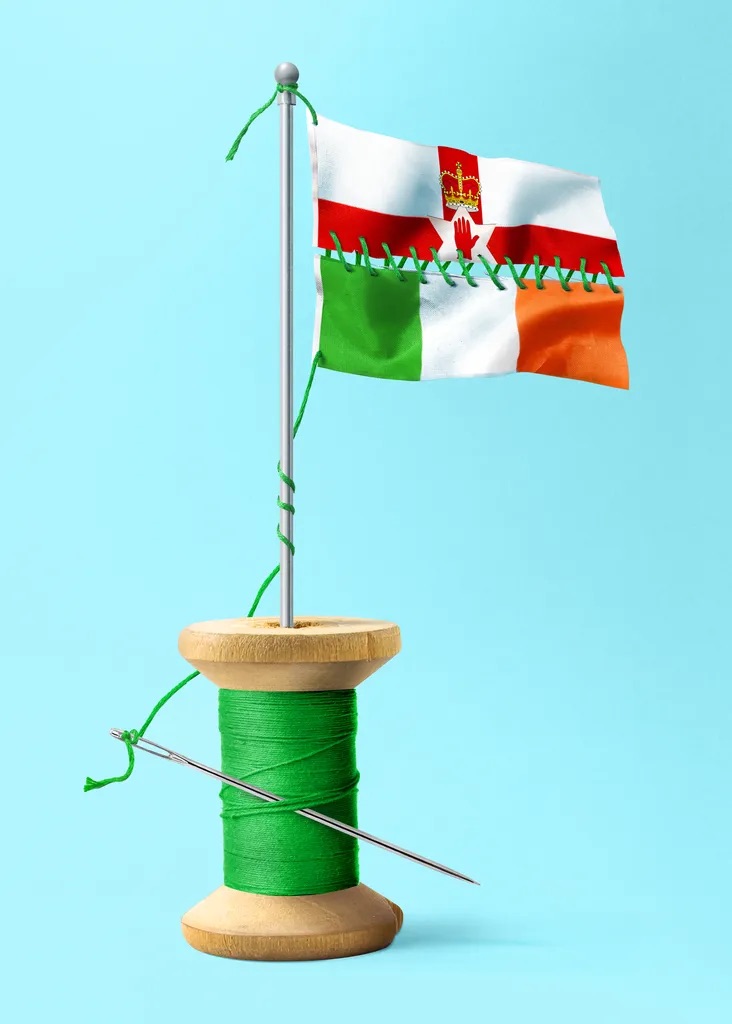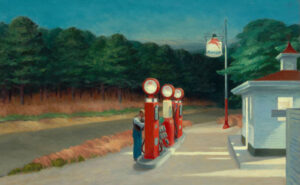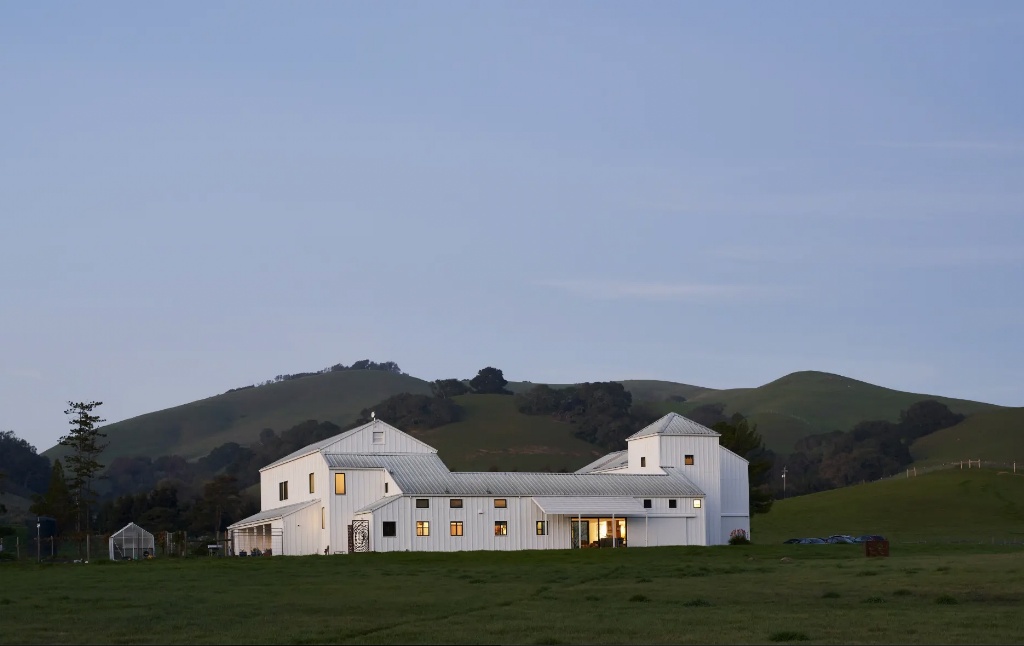How to stitch together a fractured Northern Ireland

Wonderful graphical summary of the fractured polity of Northern Ireland.
Source: Quartz newsletter.
Quote of the Day
”The taste was of that little crumb of Madeleine which on Sunday mornings at Combray … when I used to say goodbye to her in her bedroom, my aunt Léonie used to give me, dipping it first in her own cup of real or of lime-flower tea.”
- The famous passage in Marcel Proust’s Remembrance of Things past, (in the translation by Scott Montcrieff and Terence Kilmartin).
Terry Kilmartin was my first editor at the Observer, and although he was ‘just’ the Literary Editor was actually a central figure on the paper. He was born in Ireland but educated in England and in 1939 deemed unfit for military service because he had only one kidney. But somehow he managed to get into SOE, the legendary ’Special Operations Executive’ and I think parachuted into France in 1944 to do clandestine sabotage with the French Resistance in preparation for the Allied invasion on June 6.
Musical alternative to the morning’s radio news
J.S. Bach | Sonata for Violin Solo No. 3 in C Major, BWV 1005 | III. Largo | performed by Ray Chen
Long Read of the Day
Thomas Piketty Thinks America Is Primed for Wealth Redistribution
If, like me, you’re pessimistic about the ability of our democracies to arrest the shocking growth in inequality in our societies, then this interview with Thomas Piketty is a must-read. What I liked most about it is that the interviewer, David Marchese, kept asking the questions that I would have asked in his position. I came away not entirely convinced by Piketty’s optimism, but less dogmatic in my pessimism.
Here’s the concluding exchange:
Marchese You know, I do find it hard to wrap my head around the idea that after 40 years of worsening inequality, you — the inequality guy, Mr. r>g — are publishing a book saying we’re on the right track historically. It’s sort of cold comfort to know we’re more equal today than we were 100 or 200 years ago. Really give me a reason to feel as optimistic as you do.
Piketty “Give me a reason to be optimistic?” By looking at my historical evidence, by thinking about the big picture, I have become more optimistic. I was a bit puzzled that many people looking at “Capital in the Twenty-First Century” came away with a pessimistic conclusion. I’m trying to show that the key in history is not the big catastrophes but the positive political construction of an alternative, and this process started with the French Revolution, the U.S. revolution. This process toward more equality is more deeply rooted in our modern ethos and modern political cultures than most people believe. I remember in 2014 having a public discussion with Elizabeth Warren in Boston. I was talking about a progressive wealth tax with a rate of 5 percent per year or 10 percent per year on billionaires. She looked at me like, Wow, that’s too much. Joe Biden today, a centrist Democrat — who voted for the Tax Reform Act of 198611 — is coming in with a wealth tax. Things can change pretty fast.
Do give it your time. The interview is also nicely footnoted. I wish all web-pages were like that.
More on McLuhan…
My observation the other day that Marshall McLuhan’s views about media applied even more to our digital age than the broadcast TV era of his time rang some bells with readers.
Andrew Arends, for example, was reminded to this wonderful clip from Woody Allen’s film, Annie Hall.
And Doc Searls sent a link to “What does the Internet make of us?” — a terrific blog post he wrote in 2019 in which he applied McLuhan’s “tetrad of media effects” to the technologies we use today. That poses four questions to ask about a technology:
- What does a medium enhance?
- What does it obsolesce?
- What does it retrieve that had been obsolesced earlier?
- What does it reverse or flip into when pushed to its extreme (for example, by becoming ubiquitous)?
It’s such a good essay that it deserves to be a Long Read of the day soon. So it’s in the queue.
The future of the forecourt

Really interesting meditation on Quentin’s blog based on a brainstorming session about what happens to petrol stations in an EV era.
We discussed other possible uses for the sites, which, despite some problems, do have the merit of being close to good road links, and often close to towns.
One idea was that they might become last-hop delivery hubs. Instead of fuel tankers rolling in during the night to top up the tanks, it would be big Amazon trucks coming to offload their parcels. Then a fleet of smaller electric vans would zip out from there during the day, doing the deliveries.
Someone else pointed out that there’s another service to which people often need quick and easy access while travelling: the loo! Yes, petrol stations are ideally placed for public conveniences, but up to now, that part of any visit has not always been very inspiring! Apparently one gas station chain in the States made their toilets a feature, advertising that they had the nicest bathrooms in the business! I thought this was very smart: there’s not much else to distinguish one station from another, so this was a cunning way to make your visit one of choice (as well as necessity!) Could you, we wondered, actually dispense with the petrol station, and instead draw people to your roadside retail experience through the quality and cleanliness of the adjacent WC?
Lovely post.
My commonplace booklet

The Eames Institute of Infinite Curiosity, a celebration of the designs and work of Ray and Charles Eames has opened in Petaluma, California. This write-up by Anne Quito ensures that if I ever get to California again, I’ll be an eager visitor.
This Blog is also available as a daily email. If you think that might suit you better, why not subscribe? One email a day, Monday through Friday, delivered to your inbox. It’s free, and you can always unsubscribe if you conclude your inbox is full enough already!
